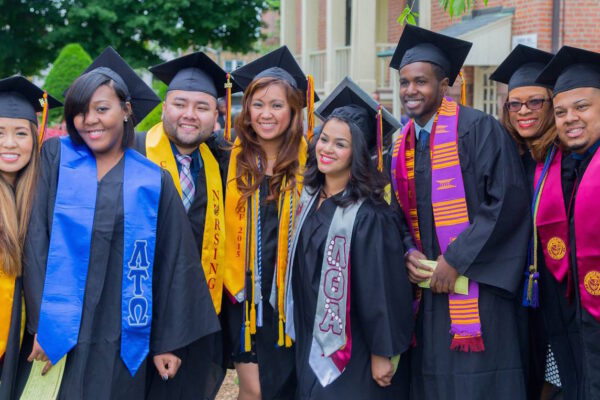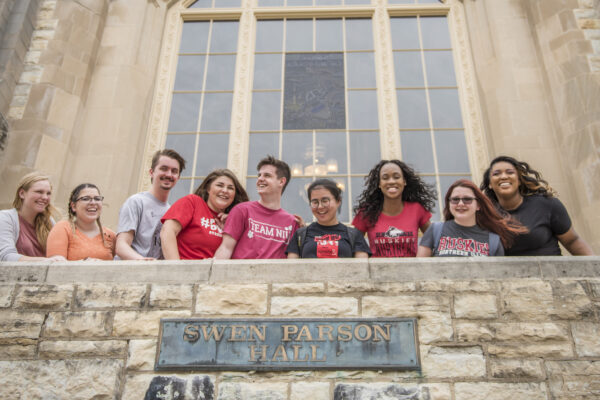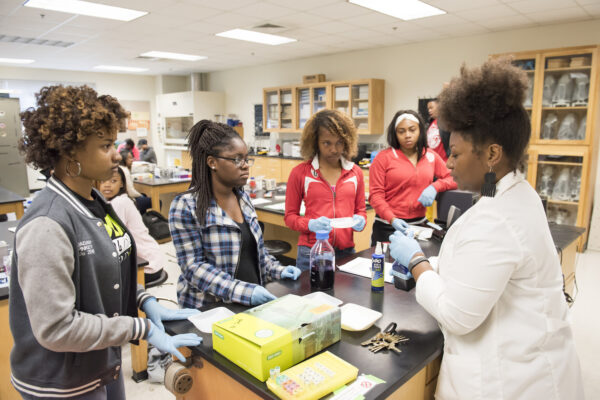Last year, among its many programs that support underrepresented students, the CUNY Black Male Initiative (BMI) cosponsored a pilot trip with Birthright Africa for students to explore their cultural roots and meet other members of the African diaspora. In summer 2018, they are at it again: 10 CUNY BMI scholars will embark on a trip to Africa to explore cultural sites, interact with business leaders, and more.
CUNY BMI, established in 2004, is system-wide student development initiative “focused on increasing matriculation, retention and graduation rates of underrepresented students, particularly men of color.” It comprises over 30 programs and projects across the CUNY campuses and is open to students, faculty, and staff regardless of race or gender. These programs include mentorship opportunities, academic support, and career counseling to give a leg up to students who need it most.
Birthright Africa is a nonprofit organization that aims to foster cultural pride and connection to the African continent among the next generation of leaders and entrepreneurs in the African diaspora.

The participants in the 2017 exchange included five students and one alum from CUNY’s Borough of Manhattan Community College (BMCC), plus two students from other CUNY campuses. The first leg of the program involved six weeks of preparation by visiting museums, memorials, and institutions of cultural significance in New York and Washington, DC, such as the African Burial Ground and National Monument and the Smithsonian National Museum of African American History and Culture.
The students then embarked on a six-week tour of Ghana, meeting with business leaders and entrepreneurs, exploring universities, and visiting historical landmarks across two cities.
“Students felt energized, inspired to be creators of their own legacy in their own field,” said CUNY BMI Associate Director Shawn Best. “The trip inspired the students to achieve and bring back to the BMI community that keen sense of belonging that keeps them connected to each other, to Africa and to BMI—and in the long run, that sense of belonging is a significant factor in building retention in college.”
You can read more about last year’s trip here.
—Carly O’Connell
At a Glance
ACE Member Institutions: City Of New York System, CUNY BMCC
Initiatives: CUNY Black Male Initiative and Birthright Africa
Goals:
CUNY Black Male Initiative: Increase, encourage, and support the inclusion and educational success of students from groups that are severely underrepresented in higher education, in particular African, African American/Black, Caribbean and Latino/Hispanic males.
Birthright Africa: Inspire youth and young adults of African descent ages 13 – 30 to explore their cultural roots and legacy of innovation within the United States and select nations in Africa.
Become a member: As a member of ACE, you join nearly 1,800 organizations that collectively promote, protect and advocate for students, faculty and administrators in higher education. ACE is the most visible and influential higher education association in the nation, and we are at the center of federal policy debates concerning legislation that affects campuses across the country. See more on the ACE website.
If you have any questions or comments about this blog post, please contact us.


